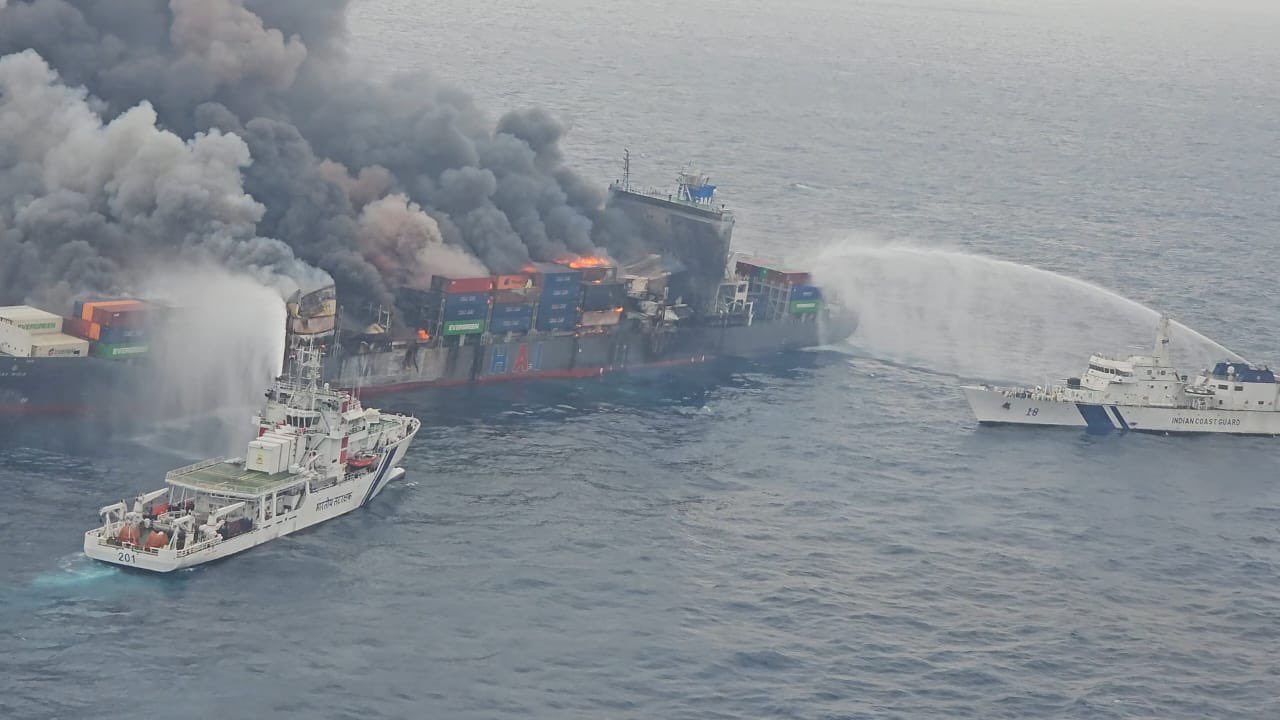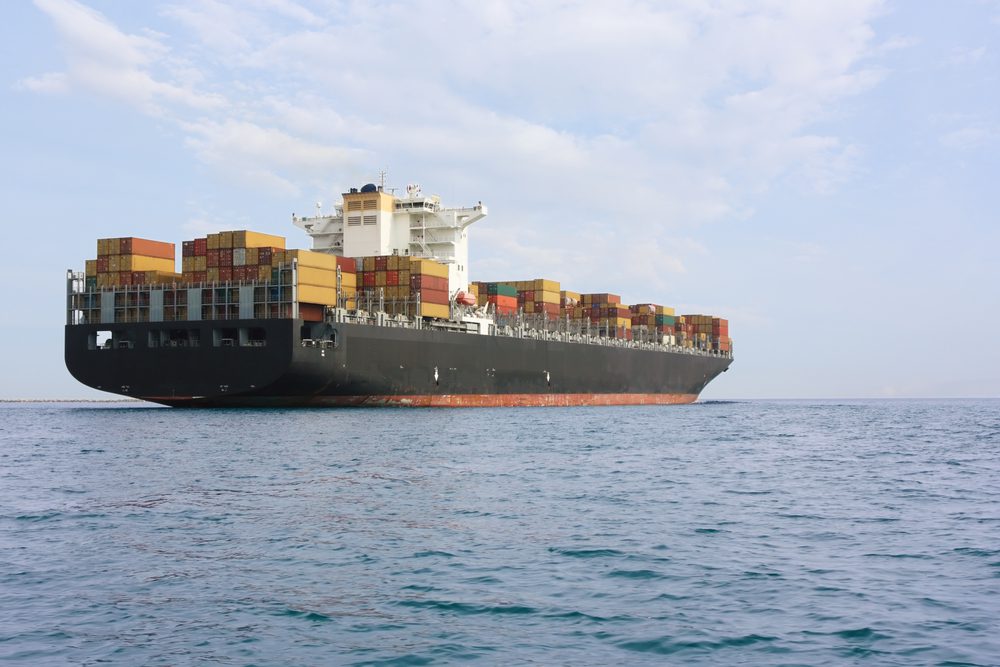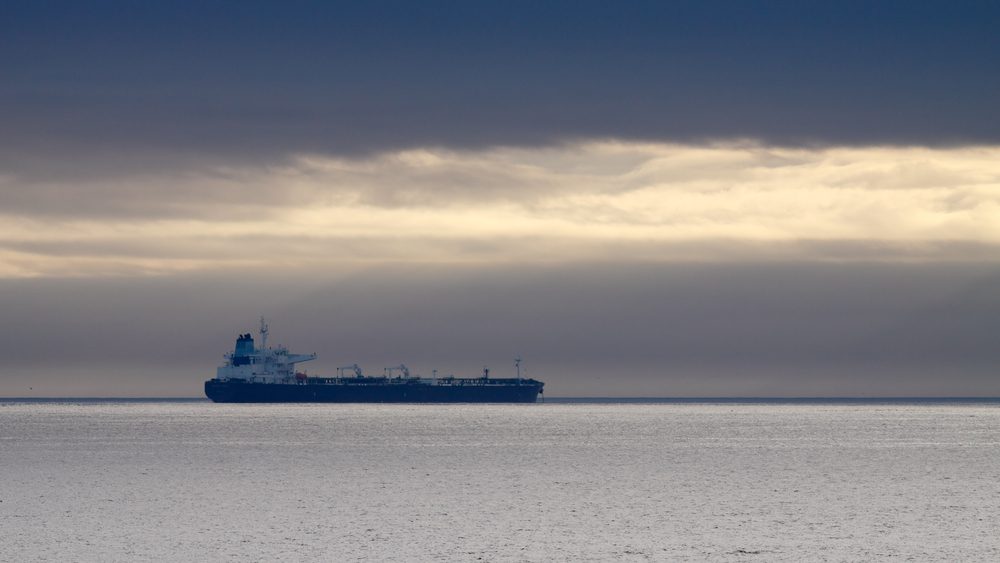By Charlotte Ryan, Siddharth Philip and Christopher Jasper (Bloomberg) —
At the Peterhead fishing port in Scotland, prices for haddock and monkfish were inverted on Monday, skewed by a closed border with France and a ticking clock that threatened to render some of its catch worthless.
Haddock normally sold wholesale for up to 3 pounds ($4) per kilogram was going for 5 pounds, said Patrick Hayton, manager of Midland Fish Co., a processor in Fleetwood, England. He sources at Peterhead, Europe’s largest fishing port, and brings it back to northwest England for local sale.
Monkfish, by comparison, would normally be bound for European tables and command a premium over the Christmas holidays. But it was selling for 2 pounds a kilo, less than half its typical price.
The price gyrations mark the latest setback for the U.K. fishing industry, whose future is already hostage to down-to-the-wire negotiations over the terms of Britain’s departure from the European Union. With French borders closed since Sunday, thousands of pounds of seafood could be left to rot in lorries that would normally speed through the Port of Dover to Europe.
“This is the most important sales week of the year and it’s been caught up in a hurricane,” said Jimmy Buchan, chief executive officer of the Scottish Seafood Association. “We’ve got Brexit, we’ve got Covid and now on the back of Covid we’ve got this further restriction.”
Sinking Value
Each shipping container headed for France with fish starts with a value of 60,000 pounds, and is at risk of dwindling to nothing if it’s delayed, said Martyn Boyers, CEO of Grimsby Fish Market in eastern England.
Lost sales of Scottish salmon alone this week to France may total 6.5 million pounds, according to the Scottish Salmon Producers Organization. It urged the government “to explore all practical options for resuming trade, including the Covid-19 testing of drivers.”
It’s nearly impossible to adjust on the fly to massive shifts in the market for live catch that will spoil in four days. Haddock, used in fish and chips, has a ready market within the U.K. With the holiday table already taken up by turkey, there’s not much room left for less popular monkfish.
Many Europeans include fish in their Christmas meal preparations, and at this time of year, demand for seafood would usually be at a premium in France or Spain, said James Withers, CEO at the Scotland Food & Drink industry group.
With the truck-ferry route to European Union markets cut off, there are few options for U.K. fishmongers. Supermarkets are already supplied for the holiday, while the hospitality industry has been largely shut down by the same strain of Covid-19 that led France and other EU countries to close off entry for at least 48 hours.
A solution to the current border crisis may come within hours, but time is running out.
Live shellfish such as langoustine, brown crabs and lobsters can live for 48 hours before they die, and it’s already been about 24 hours for those stuck in transit. They need to get to Europe by tomorrow morning at the latest.
Some producers are trying to retrieve some of the live shellfish and return it to the water, Withers said.
“There is no alternative at the moment,” he said.
–With assistance from Manisha Jha and Lizzy Burden.
© 2020 Bloomberg L.P.

 Join The Club
Join The Club











